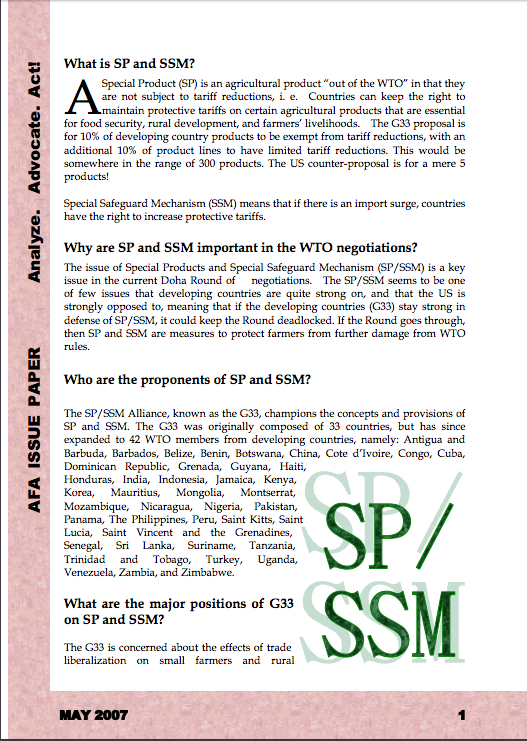Displacement and dispossession: Forced migration and land rights in Burma
ABSTRACTED FROM EXECUTIVE SUMMARY: Burma today is experiencing a crisis in security of land tenure, which includes the widespread abuse of human, economic, social, cultural, and political rights. This report, Displacement and Dispossession: Forced Migration and Land Rights in Burma focuses on land confiscation by Government forces, responsible for Burma’s most acute Housing, Land and Property (HLP) rights abuses. Among the most vulnerable populations are more than one million internally displaced people in Burma, most from ethnic nationality communities.










